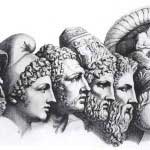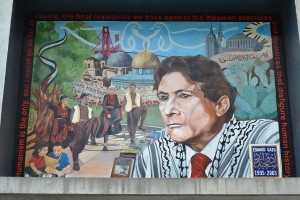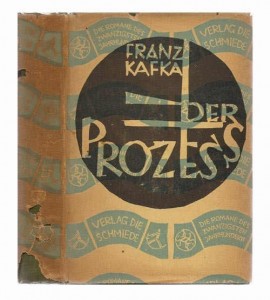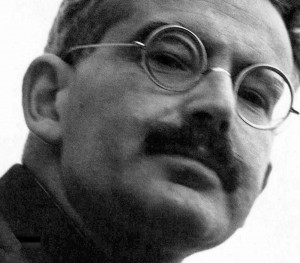Dictionaries relate the word mimesis, of ancient Greek origin, to imitation, representation, mimicry, similarity, or the act of resembling. Today, mimesis is most often related to literary and societal functions.A chasm separates The People
from their rulers, the corporate state.
WWhere do human rights come from? Who decides which laws are just? Do other humans like myself decide what our rights are and which laws are just laws? Or is there a source superior—nature and morality—to which oppressed humanity can turn for justice

=By= Gaither Stewart
“Any nation’s victory against imperialism is our victory, as any defeat is also our defeat.”
=By= Gaither Stewart
So as not to lose any potential readers of these columns before I have even gotten started, I offer d’emblée an apology for these ‘thoughts about fiction writing’, which I promise not to repeat. At least not frequently. But it seems important to spell out at the beginning and admit that my preference for writing fiction over non-fiction has ever less significance in modern times (explained in more detail below), and nonetheless to show some of the reasons for that preference in the first place and how I see the current situation of the literary composition in change.I think of the modern citizen who knows that he is at the mercy of a vast machinery of officialdom whose functioning is directed by authorities that remain nebulous to the executive organs, let alone to the people they deal with. Walter Benjamin (1892- 1940 in Illuminations, in reference to Franz Kafka’s novel Der Prozess, (The Trial) written, 1914-1915.
=By= Gaither Stewart
The Editor-in-Chief and the Managing Editor of The Greanville Post, of which I am an editor, have informed me that I now have my own column on our satellite site, Punto Press, the literary (press) arm of The Greanville Post Group. Punto Press is also the publisher of several of my books, which are discussed, analyzed and advertised on this same site. I have been told that I can write here anything I want here: fiction, non-fiction, reviews, thoughts, ruminations, meditations, absurdities and stupidities.Continue reading »

=By= Gaither Stewart
(Rome)
Hubris referred to actions that humiliated the victim for the pleasure of the abuser. In modern usage, hubris means extreme pride, a loss of contact with reality and an overestimation of one’s own capabilities, usually of persons in positions of power. Political writers apply it also to groups and in a special way to the United States of America and its leaders. Personally I try to avoid words which are being widely used, sometimes, it seems, at random. When I use the word hubris I have in mind the meaning of arrogance; in any case I intend a despicable quality.
Though ancient Greeks as a rule applied these dramatic words to the individual—Antigone’s flaw was her stubborn loyalty for which she paid with her life—we today apply these words also to entire societies or nations. We can label Europe’s hubris its Eurocentrism; its hamartia (for which the ancient Greeks would perhaps punish it collectively), is its destructive nationalisms on the one hand, and its contemporary subservience to America on the other. Continue reading »





